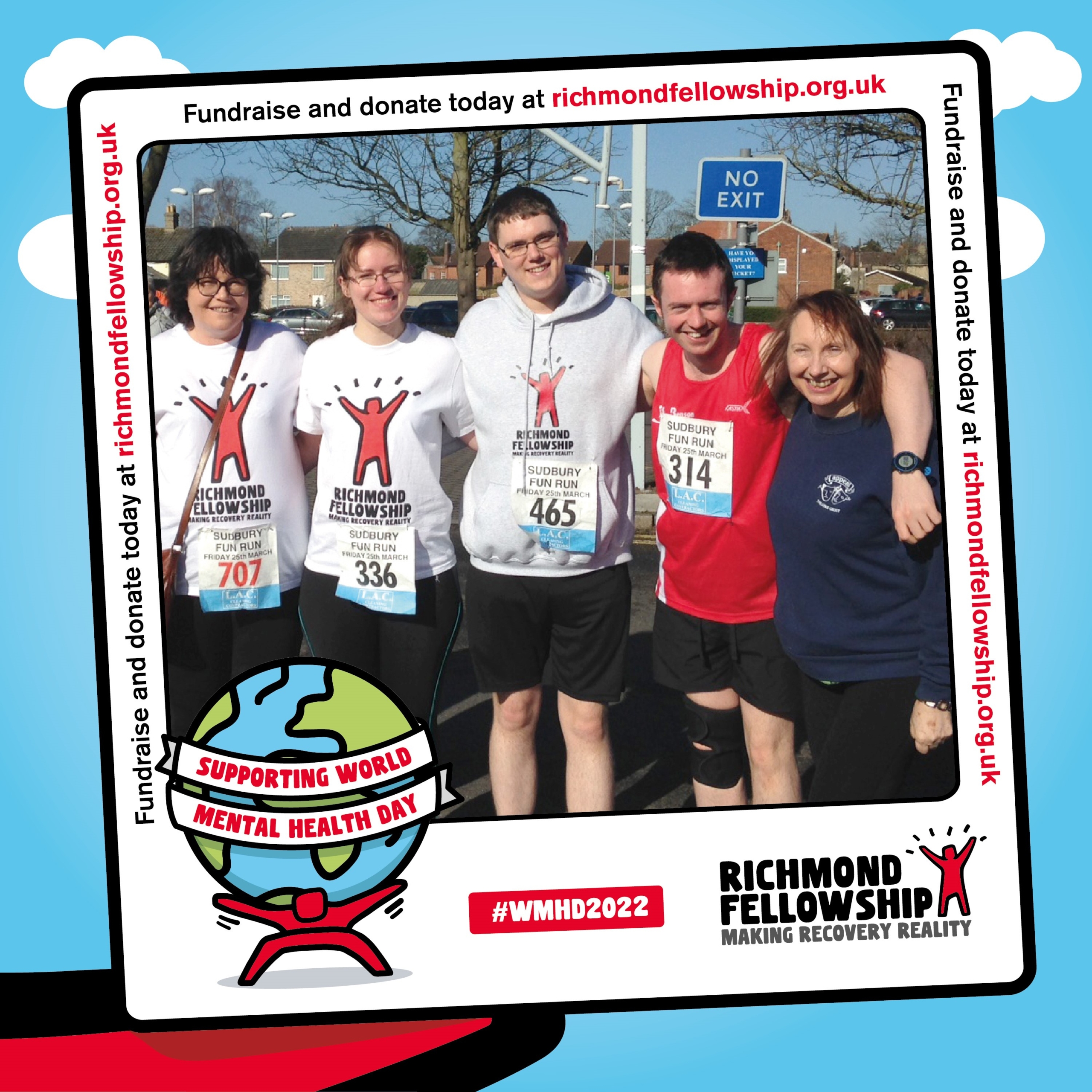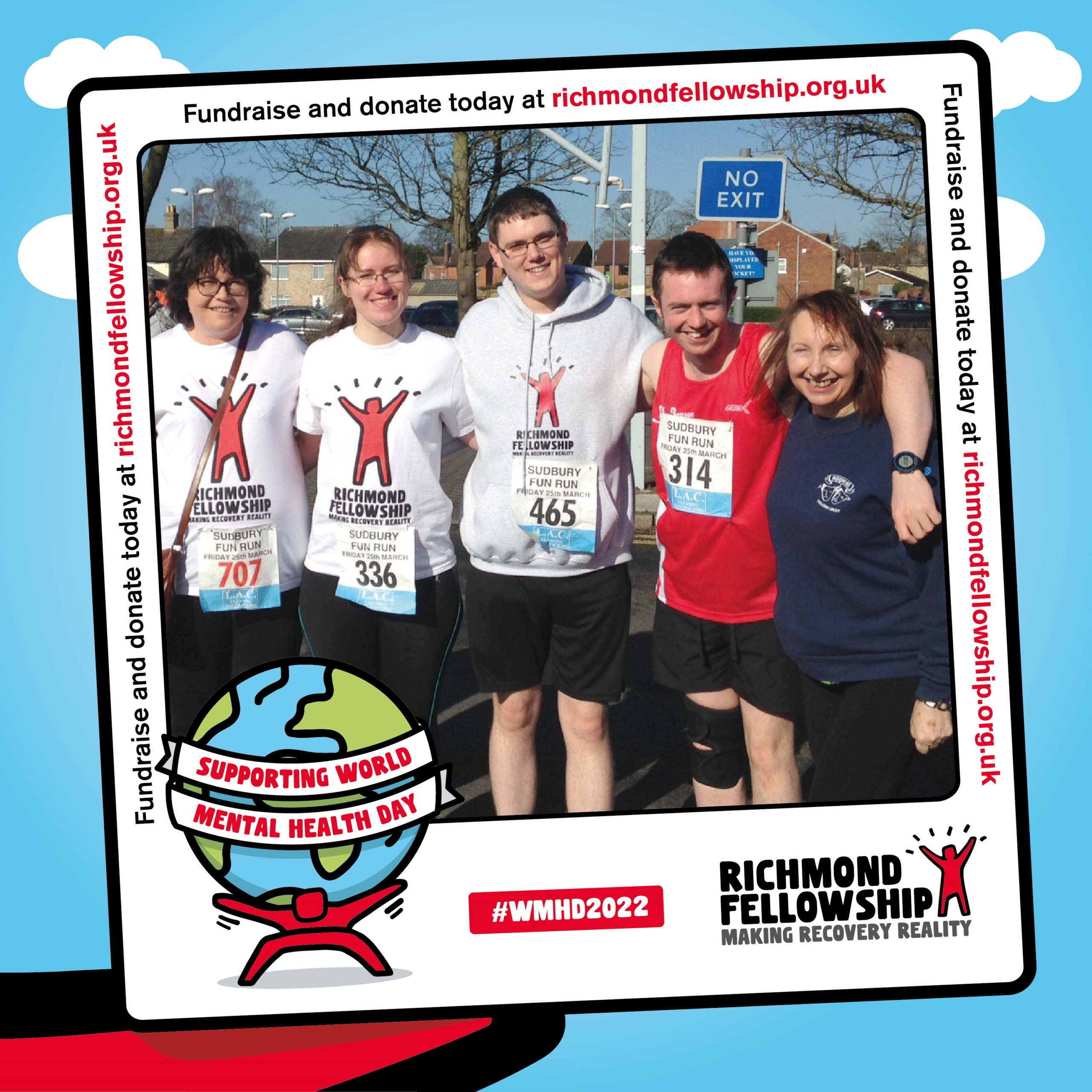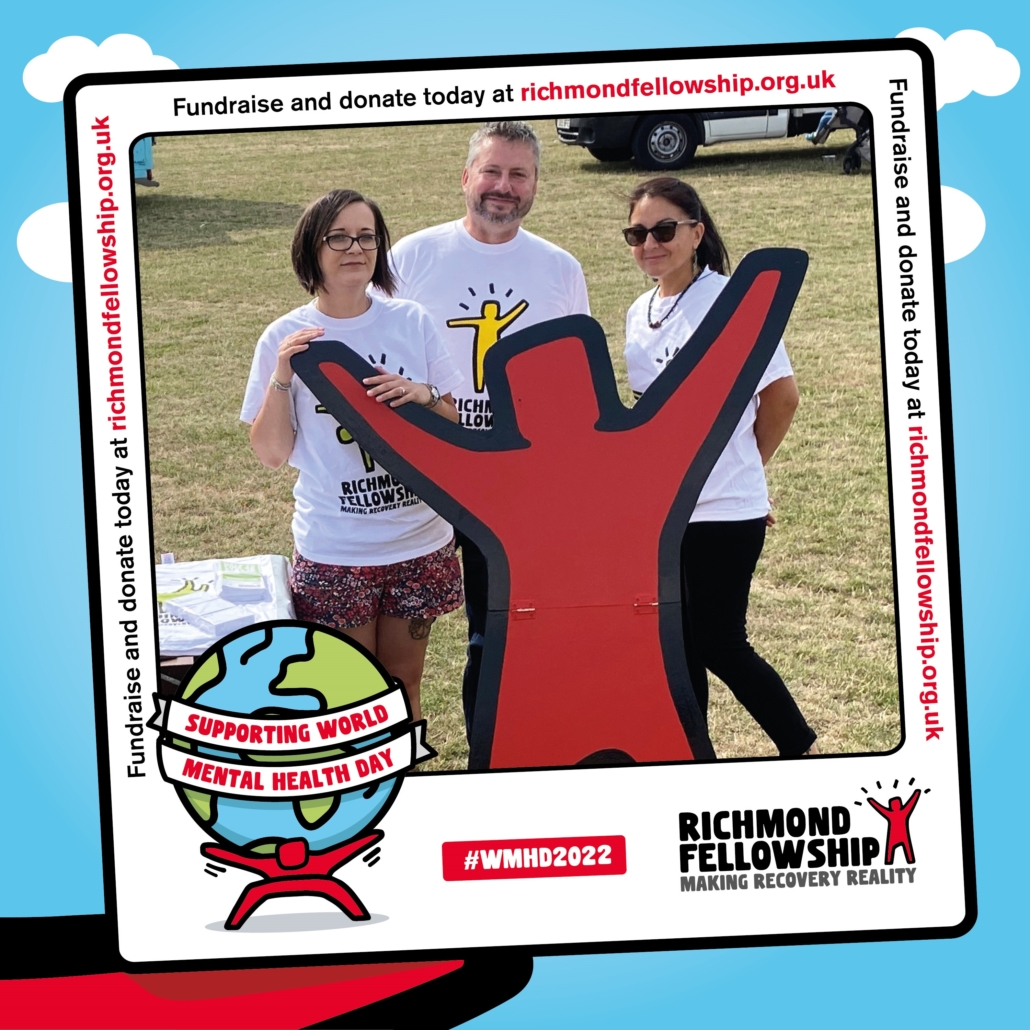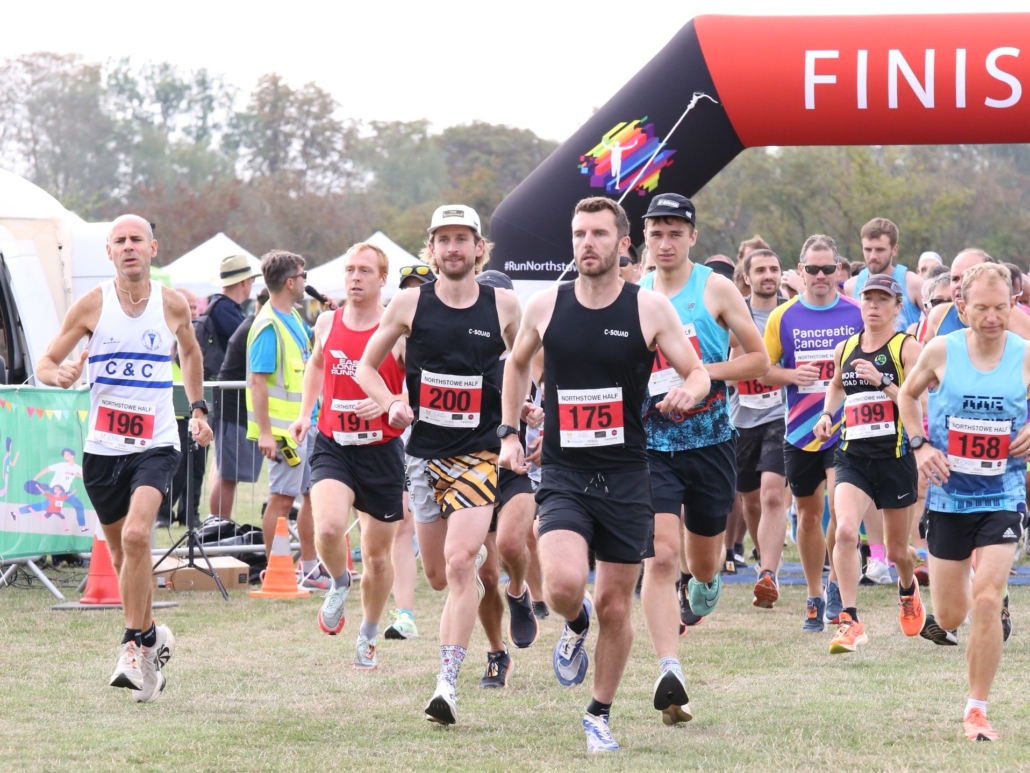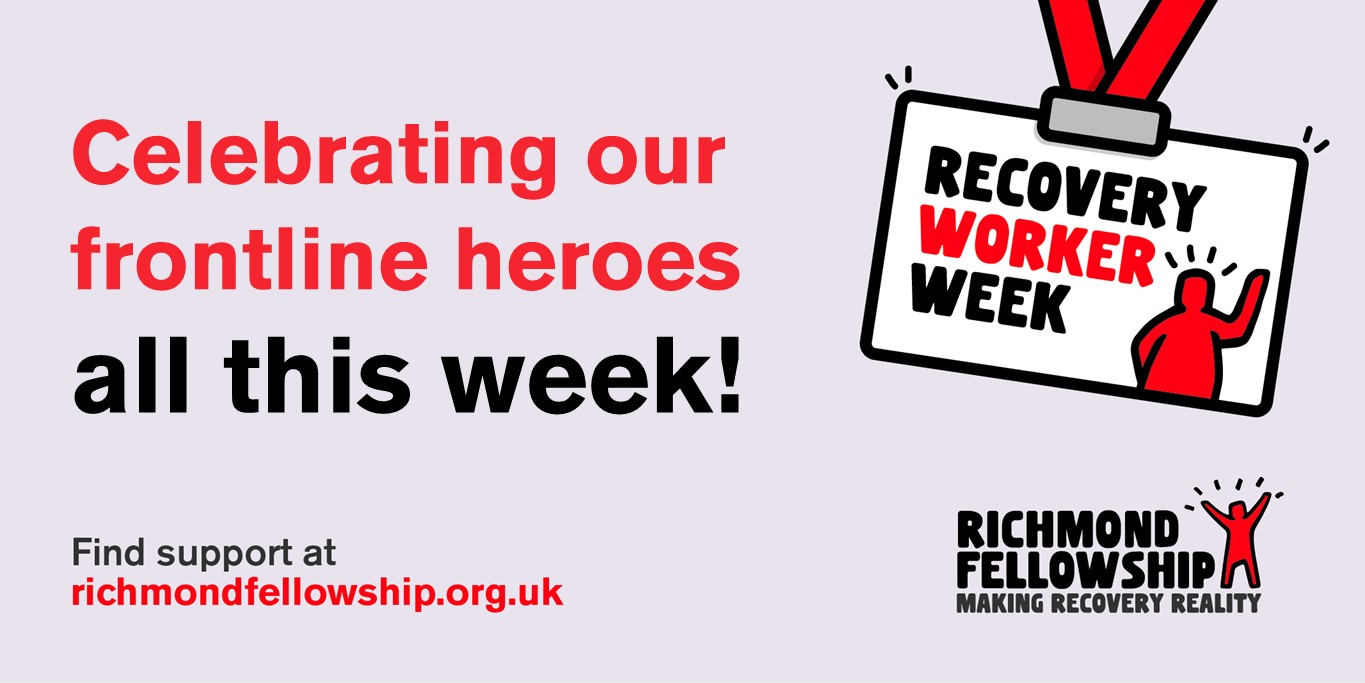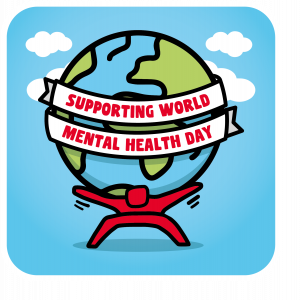 This World Mental Health Day, with the theme “mental health in an unequal world”, we consider geographic inequities in mental health support, how the pandemic is exacerbating them and what we need to be doing about it.
This World Mental Health Day, with the theme “mental health in an unequal world”, we consider geographic inequities in mental health support, how the pandemic is exacerbating them and what we need to be doing about it.
In a crisis
We’ve all seen this coming. We knew the pandemic was going to intensify existing needs and create new ones. Great mental health support has never been more needed. Yet we are heading for a situation where people will need to be more unwell than ever to access the support they need, when they need it. According to the Centre for Mental Health: “the equivalent of 8.5 million adults and 1.5 million children and young people will require mental health support as a direct impact of the pandemic during the next three to five years. The total increase in demand is around 10 million people. The predicted levels of demand are two to three times that of current NHS mental health capacity within a 3 – 5-year window.”
We know this will horrifically impact so many people – especially those experiencing a mental health crisis. We are already seeing that from our own work – with a marked increase in referrals to our crisis support services from pre-pandemic in 2019 to 2021. To put this into context – between January and March 2019 we received 368 referrals, 396 in that same period in 2020, but 570 in 2021. This equates to an increase of 7% from 2019 to 2020, and then a 43.9% increase comparing the same periods in 2020 and 2021.
It is clear that if we’re seeing more people in crisis, we need to have the right services to support them. As we’ve said before, presenting at A&E can’t be the only option available to someone experiencing a mental health crisis. And the NHS, now more than ever, needs to prevent unnecessary hospital admissions and delayed discharges for mental ill-health. Alternative crisis provision, provided in partnership with the NHS, is going to be needed even more in the months and years ahead.
We have been pioneering crisis services for over 17 years – and we’re on course to open our 10th and 11th Crisis Houses this year. These will be Crisis Houses like our Oak House service in Central Lancashire – a safe and welcoming home for up to six people. Someone in crisis will be referred to us by the local Home Treatment Team – and come and stay for between 7 – 14 days. They’ll have their own ensuite room, and work with us to develop their own tailored support package. We pride ourselves on the quality of our accommodation as well as the quality of our support – and our non-clinical crisis bed costs as little as £171/night compared to an average of £406 for a hospital bed, which can rise to £561/night if an Out of Area Placement.
We believe that everyone in England should have the right to access alternative crisis provision like this in their local community – yet right now this sort of provision is patchy at best. People in crisis should not be facing a postcode lottery for support, nor face being sent far away from friends and family
Jobs, homes, friends
Looking at the mental health landscape ahead, we know it’s not going to just be about supporting people in crisis. We’re facing up to a volatile economic and employment situation – and all the uncertainty that will come with it. Supporting people with mental health needs to stay in and access jobs is a key tenet of our work – and we know that specialist employment services are going to be very necessary in the post-pandemic world.
The NHS Long Term Plan already recognised the importance of models like Individual Placement and Support (IPS) – and we wholeheartedly support this. As the NHS says “it is the best evidence-based approach to help people get and keep a paid job.” Staff in our IPS services (we currently run 11, all in the south of England) meet regularly with the people referred to us to provide support with looking for employment, developing a detailed work preference profile to ensure the work is suited to the individual. Those using the service will receive support and guidance on how and where to look for jobs, help writing effective CVs, cover letters and applications and help to get through interviews. They receive confidential advice on how to disclose health matters, when and how best to do it.
However again we see geographic inequities – with IPS services still at the large-scale trial and pilot stage. At a point where we know we’re going to see more people with mental health needs affecting their employment and job prospects, we need to keep the pressure up for services like these to continue to be invested in and at scale.
This World Mental Health Day we’ve focussed on two areas of our work where we fear inequities, especially geographic ones, could have the biggest impact. But finally, as a charity that began in supported housing over 60 years ago, we’d never miss the opportunity to reiterate the importance of safe, stable and secure housing in the face of mounting mental health needs.
We offer nearly a thousand residential placements for people across the country – ranging from housing support to help people manage their own tenancies, to supported housing and registered care homes. We know that a stable home is essential for people to have the security to regain positive mental health. However pressurised NHS provision means that in many areas people are stuck in hospital beds, and not being proactively moved from hospital into settled accommodation.
Ultimately we’d like to see, and want to help, more effective pathways of support. Ones that make the most of partnership working and the skills and expertise of the charity sector. We know what best practice can look like – let’s use this World Mental Health Day to keep the pressure up for it to happen on an ambitious and national scale.
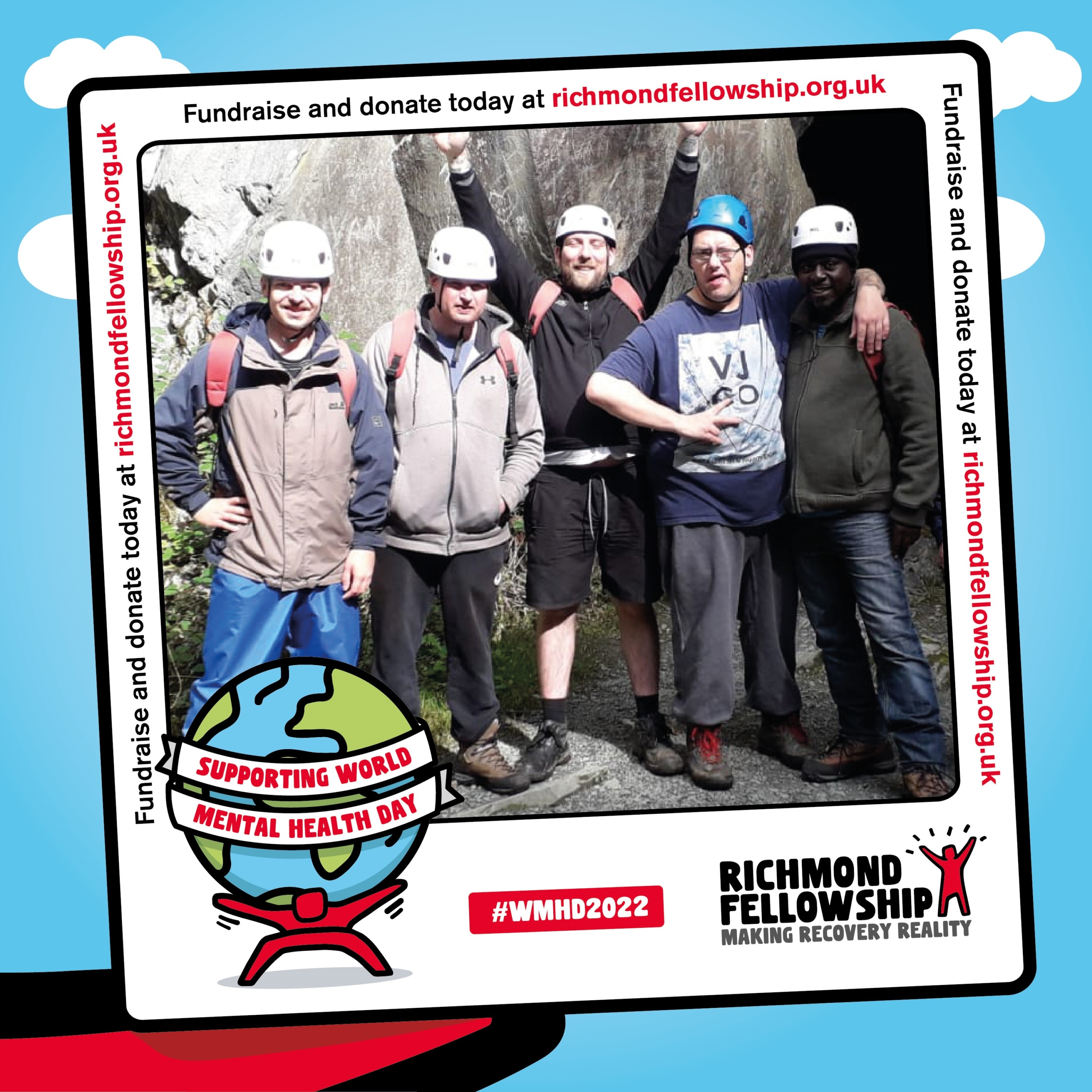 To mark World Mental Health Day 2022 on 10 October, we’re sharing stories from across our services where local fundraising and donations is supporting our work to make recovery reality.
To mark World Mental Health Day 2022 on 10 October, we’re sharing stories from across our services where local fundraising and donations is supporting our work to make recovery reality. 




